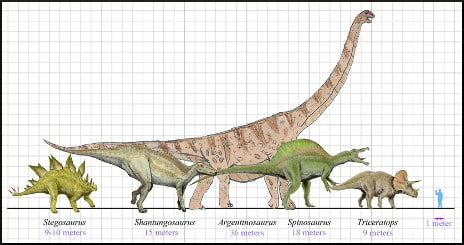Childhood Obesity News has been speculating about whether such cultural phenomena as the plus-size fashion industry are, overall, beneficial or detrimental to society. Journalist Ellen King wrote about someone who is probably very uncomfortable in the average airline seat, plus-size model Tess Holliday:
Size 26 is not healthy. I don’t care how much they might say they work out and what they eat: unless they have been diagnosed by a doctor as having thyroid problems then there is a reason they are a size 26—they won’t have got there from exercising for an hour every day and eating healthy balanced meals.
The problem is not that someone is flouting society’s standards of beauty, which King sees as “too rigid and exclusive” anyway. She is against the promotion of an unhealthy lifestyle, one that can actually put people’s lives at risk. Why is it acceptable, King wonders, to tell an underweight person to go eat a burger, but not acceptable to suggest that an overweight person try a salad for a change? Also, since society has determined that the sight of painfully skinny, anorectic-looking models is harmful to young women, aren’t obese model images equally harmful?
Discovering the Harm Done By Obesity
A person looks around and notices that while some normal-weight friends undergo the occasional sick days and hospital stays, all the overweight ones have at least one chronic and serious health problem— diabetes, high blood pressure, heart irregularities, knee and ankle problems, acid reflux, or sleep apnea. The likelihood of mere coincidence becomes less and less believable.
It is one thing to aspire to “health at any weight,” but another to make the claim of perfect health. The “health at any weight” slogan is very annoying to doubters, who are convinced that a 300-pound person cannot fulfill any definition of health. The best-case scenario is that an inevitable serious illness is being temporarily held at bay. Here is how one of this era’s thought leaders, Joe Rogan, looks at it:
It’s not cool to be mean to people. But it’s not smart to just let it go, either… If you care about them, you should probably bring up the fact that they’re morbidly obese. If you can bring it up and have them realize that there’s other options out there, and they change their habits, that’s not necessarily fat-shaming. If we’re all ignoring fat people, or ignoring people that have eating problems, we’re going to ignore a serious health problem.
The HAES movement seems to have been very thoroughly discredited indeed, to the point where people—and here, Ellen King speaks for them—are asking questions:
There are so many solutions to obesity now and so much awareness of the damages it does to one’s health that quite frankly it’s ridiculous that more people don’t get forced into accepting the help they need in the same manner that an anorexic would be treated.
When ordinary people start talking about coercion, the debate turns serious. How much tolerance should be extended to the principle of fat acceptance? In terms of the overall obesity picture, is the Health at Every Size movement good, bad, or neutral? A Reddit contributor called Tyrien says:
What we should do with respect to ‘fat acceptance’ is tell people it’s not okay to say that being fat is okay, because it’s not.
One (among many) of the solid medical reasons for fat not being okay is that it represents a grim prognosis. Especially when obesity begins young, its course is very difficult to reverse. As Dr. Christopher Ochner said in a guest appearance on Michael Prager’s blog, “Once obese, it’s tough to escape.” He also said, in no uncertain terms:
[The] Health at Every Size movement has been debunked—[there’s]no such thing as healthy obese.
Your responses and feedback are welcome!
Source: “Big is beautiful but stop romanticising an unhealthy lifestyle,” The-NewsHub.com, 05/12/15
Source: “Dismantling fat logic makes me an ‘ignorant prick’,” November 2014
Source: “The Joe Rogan Experience #635,” youtube.com, 04/15/15
Source: “The doctor replies again: Once obese, it’s tough to escape.” michaelprager.com, 08/01/14
Image by Zachi Evenor


 FAQs and Media Requests:
FAQs and Media Requests: 











